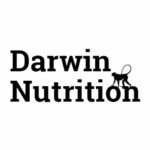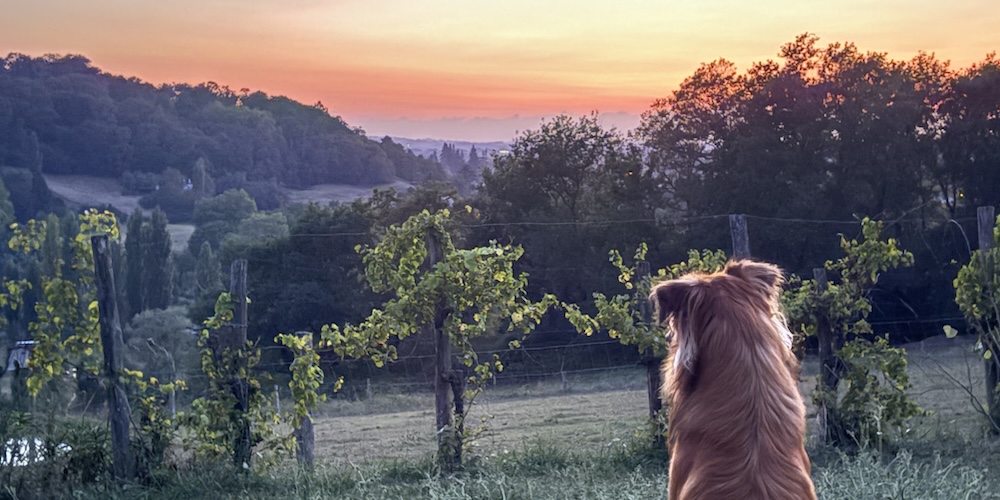Salt at the heart of care
Salies owes its reputation to its highly concentrated waters, nearly ten times saltier than the sea. Used since the 19th century, they are at the center of spa treatments known to soothe rheumatism and chronic pain. But their benefits go further: these mineral-rich waters are also recognized for relieving certain gynecological conditions.
Many women come here for treatment to ease menstrual pain, endometriosis, or postpartum issues. The treatments — floating baths, local irrigations, clay poultices enriched with mother water — help relax, reduce inflammation, and improve everyday quality of life.
Today, the Selya Resort Thermal & Spa has modernized these practices, blending tradition with a holistic approach to women’s health. The salt cave and the floating lagoon complete the experience, both therapeutic and deeply rejuvenating.
The place has also focused on an eco-responsible approach: geothermal energy, organic cosmetics made from local salt water, locavore dining. A true model of sustainable wellness tourism, combining pleasure, health, and respect for nature.
Farmers’ seeds and committed businesses
A few kilometers from Salies, the Jardins du Lien are located on a hill exposed to wind and sun. Here, no industrial greenhouses or monocultures: everything is done on a small scale, respecting natural cycles. Organic vegetable farming, farmers’ seeds, and aromatic and medicinal plants picked by hand make up most of the production.
The place also aims to be a space for sharing, with workshops on herbal teas, wild cooking, and ecological gardening. More than a farm, it’s a collective project that connects agriculture, natural health, and the transmission of knowledge.
Visitors can even take part in participatory workdays, learn how to make their own plant extracts, or leave with a seasonal box.
The sustainable approach is also evident in the local shops. The grocery store Dans mon Bocal offers a wide range of organic bulk products, both food and household items, for package-free consumption.
Another delicious and committed spot: the bean-to-bar chocolate shop Fèves&Chocolat. Founded by the young chocolatier Léa Vazquez, who carefully selects her beans from organic, fair-trade cooperatives. She therefore controls all stages of her chocolate production.
She offers surprising pairings, for example Salies salt and other local organic products. And she organizes chocolate tours and workshops where you can make your own chocolate bar. A great opportunity to discover the bean-to-bar approach, which is very close to our hearts at Darwin Nutrition.
The experience is worth the detour: the scent of roasted cacao as soon as you step through the chocolate shop’s door, in a warm and joyful family atmosphere, since the chocolatier chose to work with her mother to welcome customers and sell the chocolate.
Restorative walks
To discover the surroundings, nothing could be simpler than the greenway laid out on the old railway line. An easy 6.5 km walk, on foot or by bike, with a few panels to learn more about the flora.
Shorter, the Pain de Sucre loop leads to a hill overlooking the town, a beautiful viewpoint over the roofs of Salies. With the added bonus of an unobstructed view of the Pyrenees on clear days. Also called Colline de la Sègue, you can encounter llamas, donkeys and fallow deer there. In spring, it’s the seasonal movement of sheep coming to graze on the meadows and enjoy the forest.
These routes are accessible to everyone and offer a peaceful respite.
A place for a countryside stay that is still very close to the center of Salies-de-Béarn: Domaine Labouroume. Aline and Jérémie offer lovely guest rooms in a renovated farmhouse, in the heart of 15 hectares of meadow and greenery.
The goal is to revive the traditional subsistence farm and achieve food self-sufficiency. Breakfast is delicious, made with local products, homemade jams from orchard fruit, and homemade pastries.



